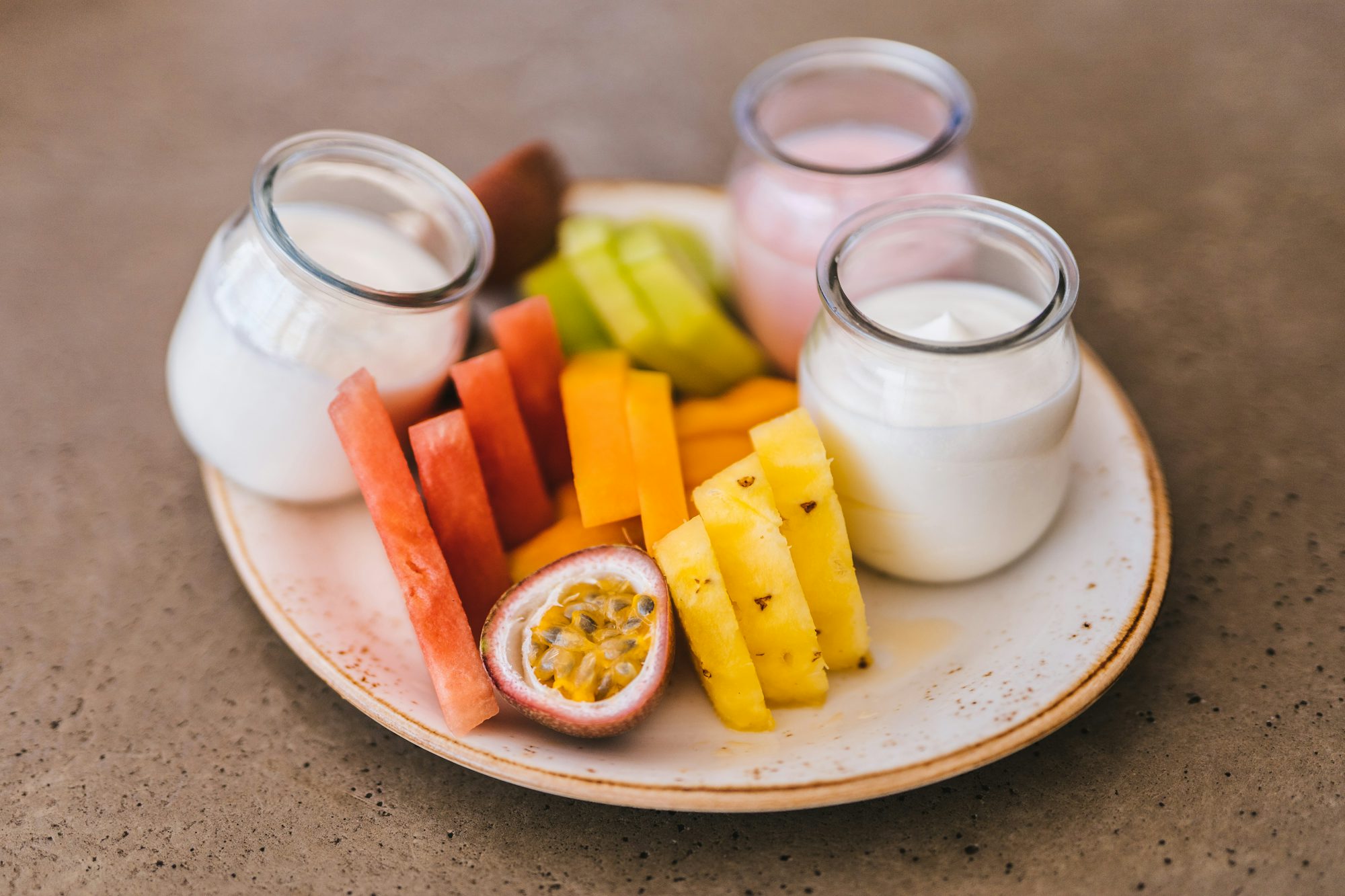
At the foundation of any healthy diet are fruits and vegetables, which are rich in vitamins, minerals, and antioxidants. These foods are essential for providing the energy necessary for workouts while also supporting recovery. Fruits like bananas, berries, and apples offer quick energy sources, making them perfect pre-workout snacks. For post-workout recovery, citrus fruits, such as oranges, can help replenish lost nutrients and hydration.
Vegetables, particularly leafy greens like spinach and kale, are packed with nutrients that support muscle function and overall health. Including a variety of colors in your vegetable intake ensures a broad spectrum of nutrients. For instance, carrots provide beta-carotene, while bell peppers are high in vitamin C. These nutrients aid in recovery and contribute to overall fitness levels.
Whole grains are another critical component of a balanced diet, serving as a primary source of complex carbohydrates. Foods such as brown rice, quinoa, and oats not only provide sustained energy but also contain fiber that aids in digestion. Integrating whole grains into meals can help maintain stable energy levels throughout the day, allowing for more effective workouts and recovery.
Protein is crucial for muscle repair and growth, making it a vital part of any fitness-focused diet. Lean sources of protein, such as skinless chicken breast, turkey, fish, and plant-based options like legumes and tofu, should be prioritized. Consuming protein shortly after workouts can enhance recovery, helping to rebuild muscle tissue and replenish energy stores. For those on plant-based diets, incorporating a variety of protein sources ensures a complete amino acid profile, which is essential for muscle repair.
Healthy fats also play an important role in nutrition, supporting overall health and energy levels. Foods like avocados, nuts, and seeds provide essential fatty acids that contribute to brain health and hormone production. Including healthy fats in your diet can also help improve nutrient absorption, particularly for fat-soluble vitamins A, D, E, and K. For instance, drizzling olive oil over a salad not only enhances flavor but also boosts the nutritional content of the meal.
Dairy or dairy alternatives are beneficial for their calcium and protein content, essential for bone health and muscle function. Low-fat options like Greek yogurt and cottage cheese are great sources of protein, making them excellent post-workout snacks. For those who prefer dairy alternatives, options like almond or soy milk fortified with calcium can also be incorporated into smoothies or cereals, providing similar benefits.
Hydration is another critical aspect of nutrition that supports fitness performance. Water is vital for regulating body temperature, joint lubrication, and nutrient transport. Ensuring adequate hydration before, during, and after workouts can significantly affect performance and recovery. Additionally, incorporating hydrating foods such as watermelon, cucumber, and oranges can contribute to overall fluid intake.
Planning meals and snacks around your workout schedule is essential for maximizing performance. Pre-workout meals should focus on carbohydrates and moderate protein to provide energy without causing discomfort during exercise. A combination of oats with fruit or a smoothie with spinach and protein powder can be effective choices. Post-workout, it’s important to replenish glycogen stores with carbohydrates while providing protein for muscle recovery. A balanced meal of quinoa, grilled chicken, and roasted vegetables fits this criteria perfectly.
Meal prepping can streamline nutrition and help individuals stay on track with their fitness goals. By dedicating a few hours each week to prepare healthy meals and snacks in advance, you can ensure you have nutritious options readily available. Consider preparing larger portions of whole grains and lean proteins, then pairing them with a variety of vegetables for balanced meals throughout the week. Additionally, having healthy snacks like nuts, yogurt, or cut-up fruits on hand can prevent the temptation to reach for less nutritious options when hunger strikes.
Incorporating herbs and spices into your meals not only enhances flavor but also adds various health benefits. Ingredients like turmeric, ginger, and garlic have anti-inflammatory properties that can support recovery and overall health. Experimenting with different combinations of herbs and spices can keep meals exciting and flavorful, encouraging adherence to a healthy eating plan.
As you embark on your nutrition journey, remember that balance and moderation are key. It's important to enjoy your favorite foods in moderation, ensuring that your diet is both enjoyable and sustainable. Instead of viewing certain foods as 'bad,' consider them as part of a varied diet. Allowing yourself occasional treats can help maintain a positive relationship with food, making it easier to stick to your nutrition goals in the long run.
In conclusion, nutrition is a fundamental aspect of any fitness journey, significantly impacting performance, recovery, and overall well-being. By focusing on a balanced diet rich in fruits, vegetables, whole grains, lean proteins, and healthy fats, individuals can fuel their bodies effectively. Coupling proper nutrition with mindful meal planning and hydration strategies can elevate fitness results and enhance overall health. Embrace the power of nutrition as a vital component of your fitness journey, and enjoy the benefits that come with making informed dietary choices.